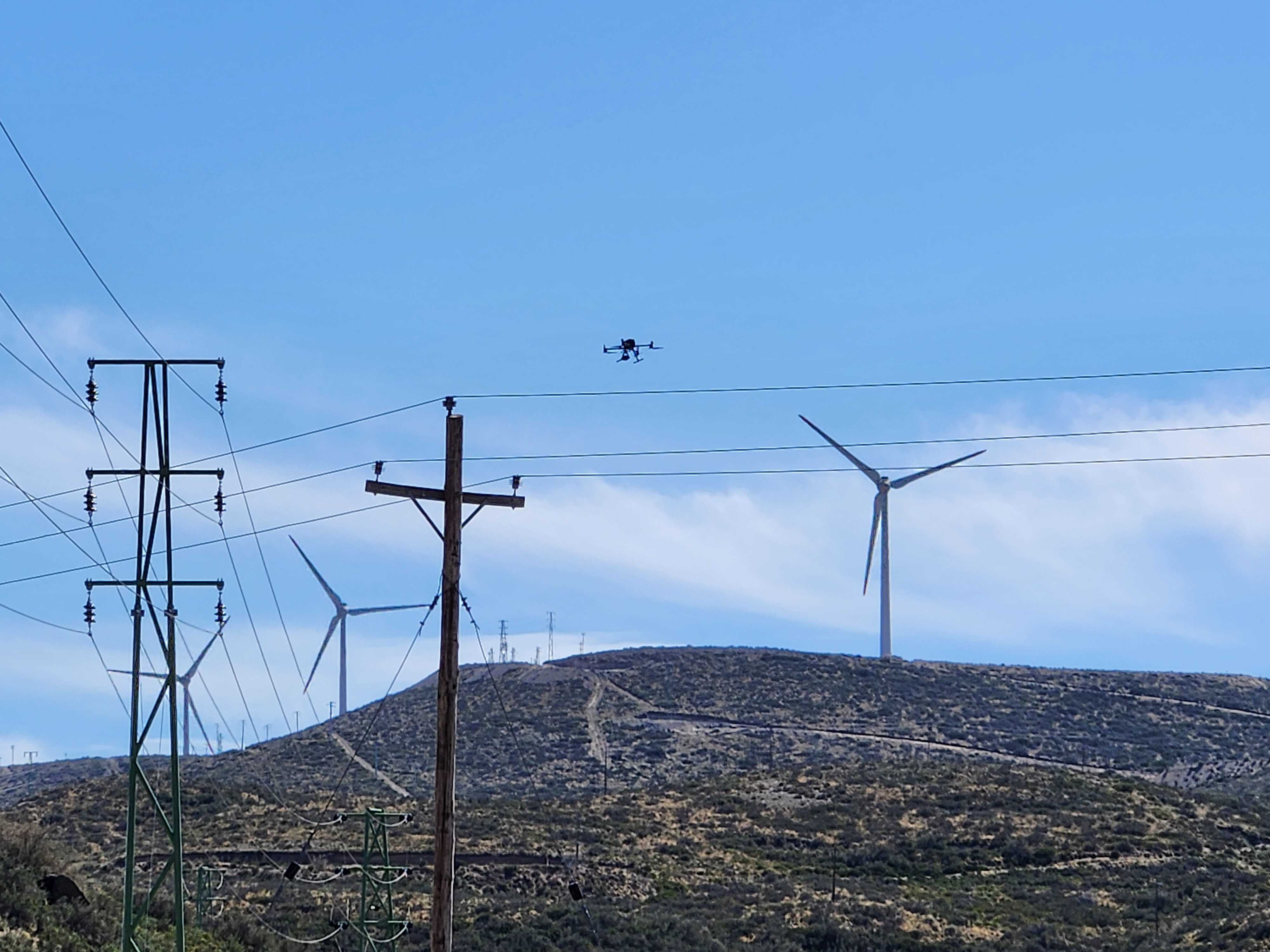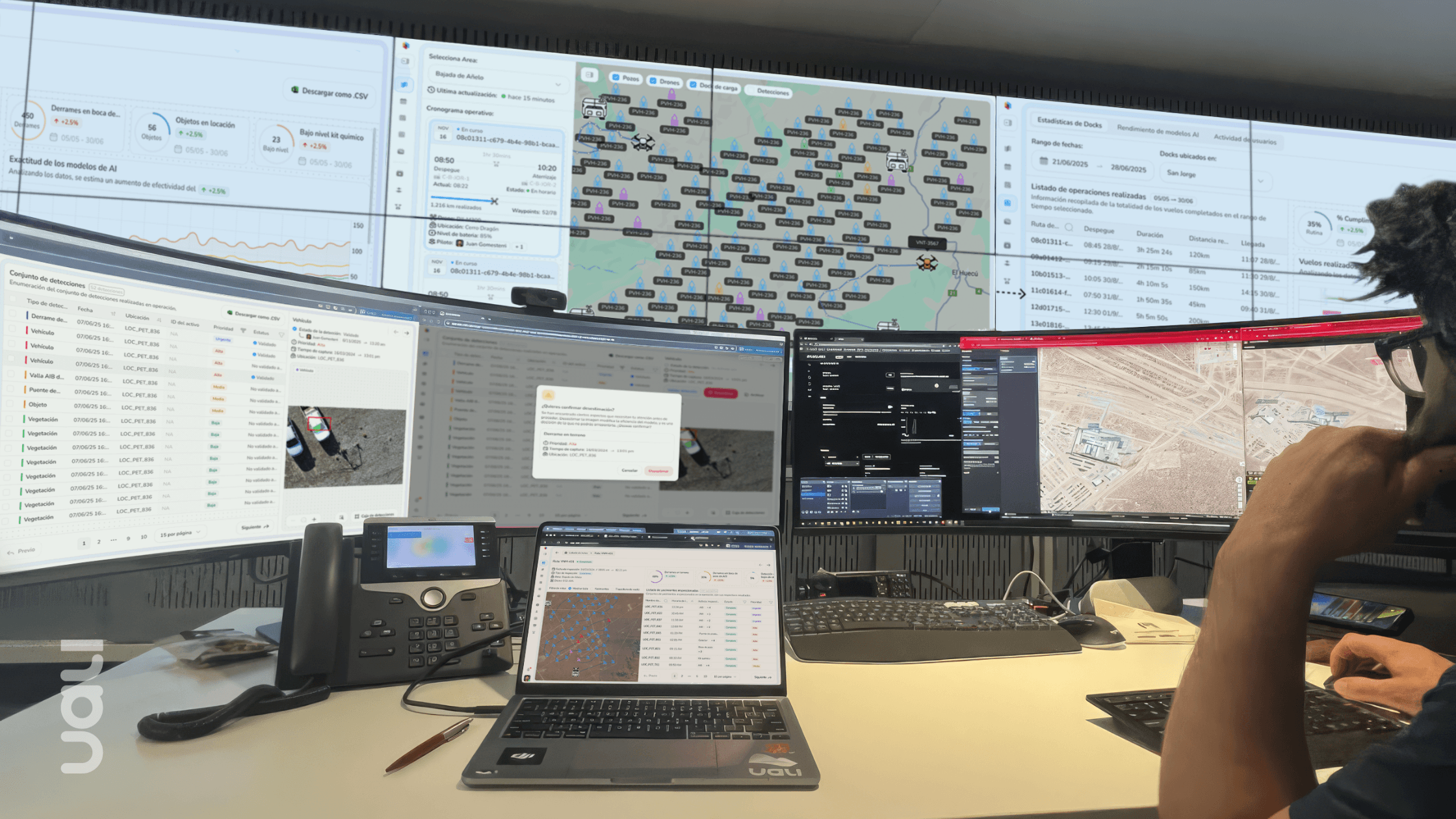News
How Artificial Intelligence is Empowering Decision-Making
Making informed decisions is a vital part of today's business landscape. With the collection of hundreds of thousands of data points from various sources, the challenge is to delve into these massive volumes of information to extract the most valuable insights. In fact, according to the McKinsey Global Institute, data-driven organizations not only have a 23 times higher chance of acquiring customers but also a 6 times higher chance of retaining them and a 19 times higher chance of being profitable.

Algorithms for Asset Management
The use of artificial intelligence in the management of energy assets in field operations has a significant impact on process optimization, time and cost reduction, and improved efficiency in the energy sector. Specific algorithms can analyze real-time data from energy assets such as wind turbines, transformers, and transmission lines to determine when preventive or corrective maintenance is necessary. This prevents unplanned interruptions and reduces costs associated with unexpected repairs.
Field operators use AI systems to optimize inspection and maintenance routes based on factors like asset locations and detected anomalies to determine the most efficient routes. AI can process large volumes of sensor data and data from connected devices to identify patterns and anomalies in asset operation. This enables operators to make more informed and faster decisions regarding asset management, thereby maximizing production efficiency.
Preventive and Accurate Data
Artificial intelligence is used to analyze collected data and provide actionable insights, such as identifying inefficient energy consumption patterns or equipment operation anomalies. These insights allow energy companies to make informed decisions to enhance operational efficiency and reduce costs.
- It ensures greater data reliability by eliminating the human factor in data collection and analysis.
- Furthermore, its ability to access remote areas and the speed at which it can perform inspections and provide data access are invaluable, reducing inspection costs and ensuring operational safety without the need for physical travel.
- Integrating artificial intelligence with other tools enhances its capabilities and promotes process scalability while contributing to a reduced carbon footprint by minimizing the need for travel and physical resources.
At Uali, we accompany the energy evolution by combining robotics, IoT, and AI with the aim of providing valuable and timely information that favors decision-making in asset management, saving time, costs, and having a very positive impact on the environment. Get to know us!
Amelia Bálsamo
CTO


